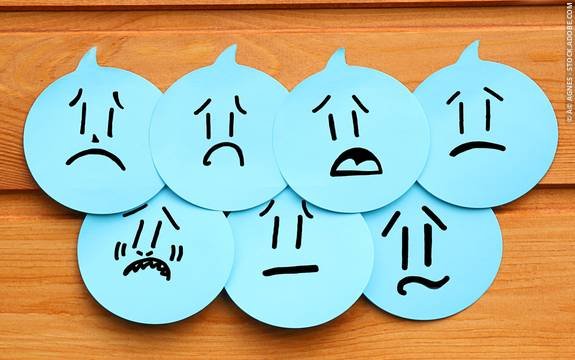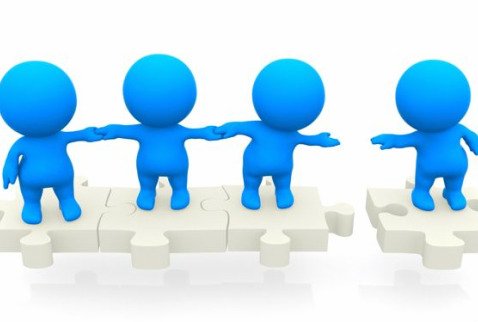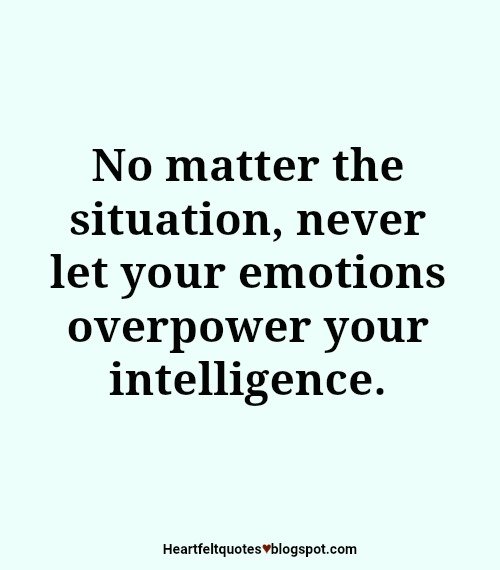Making Attributions Towards Ourselves and Explanation on Our Emotions
Making Attributions Towards Ourselves and Explanation on Our Emotions

Image Source
Self-perception Theory
- We influence attributions for our own particular behavior similarly as we to make attributions for others' behavior.
- It is through internal attribution of our own behavior that we pick up learning about ourselves, our self-concept and character.
2 Components of Emotions
- Physiological Arousal
- Cognition
Making attributions additionally plays a part in characterizing emotions. Despite the fact that the arousal and mark, for the most part, go as an inseparable unit and considerations can generate the related arousal, now and again unexplained arousal could be experienced as various emotions relying upon what sort of attributions we make for what we are encountering.
A noteworthy supporter of hypothesis and research around there is Stanley Schachter. One of his experiments emotional lability. Being emotionally labile can help in treatment. Valins and Nisbett thought about whether the way toward making attributions could be utilized to treat emotional scatters.

Image Source
For instance, may somebody who is incessantly restless figure out how to re-mark the arousal as happiness, change discouragement into contentment, or credit modesty to external factors as opposed to their own social anxiety? While a few experiments recommend this could work, in general, what is a misattribution impact is restricted to the research center, questionable and brief.
We as a whole take part in attributions, yet it creates the impression that we vary in our attributional style. As indicated by the famous clinical psychologist Julian Rotter, those of us who are internals tend to make internal attributions, trusting we have a lot of individual control over our predetermination. Things happen in light of the fact that we get them going.
Those of us who are externals tend to make external attributions, trusting that we have little control over the end result for us. Things essentially happen by possibility, fortunes or the of intense external agents. We can likewise vary in the degree to which they credit behavior or occasions to exceptionally general, diffuse and broad causes to clarify excess, or to all the more barely characterized causes.

Image Source
Attributions additionally assume a vital part in close interpersonal connections where attributions are conveyed to satisfy an assortment of capacities. For example, to clarify, legitimize behavior, and in addition to allocate fault and ingrain blame. A key finding is that attributional strife, where accomplices in a relationship differ over attributions, is emphatically connected with and plays a causal part in relationship disappointment and misery.
In great connections, individuals credit their accomplices for positive behavior by referring to internal, steady, worldwide and controllable elements to clarify them, and clears away negative behavior by attributing it to external, shaky, particular and uncontrollable causes. Troubled couples act in precisely the contrary way.
Women tend reasonably ceaselessly to take part in attributional considered the relationship, yet men do as such just when the relationship winds up broken. In this regard, and in opposition to prevalent sentiment, men's attributional behavior is a superior barometer of relationship brokenness.

Image Source
References:
Attribution and How We Explain Behavior
Two-factor Theory of Emotion
Cognitive, Social, Physiological Determinants of Emotional State
The Processes of Causal Attribution
Attributions as Behaviour Explanations
Posted from my blog with SteemPress : https://steemme.000webhostapp.com/2018/08/making-attributions-towards-ourselves-and-explanation-on-our-emotions